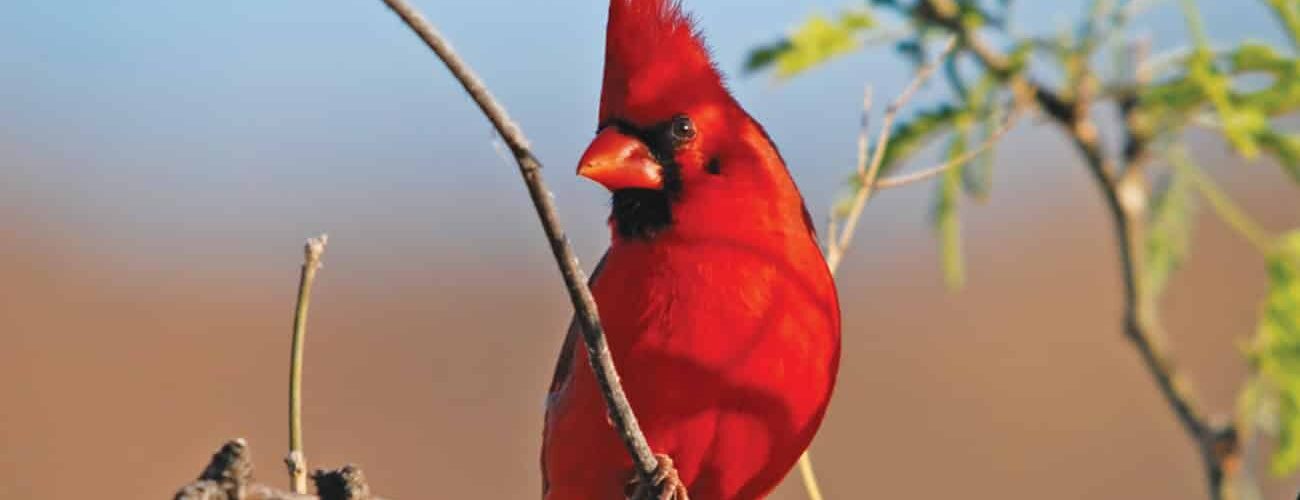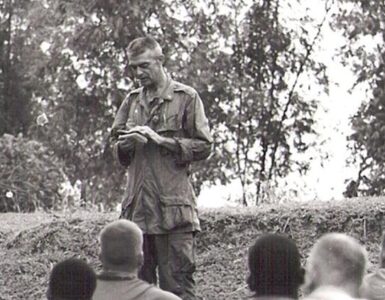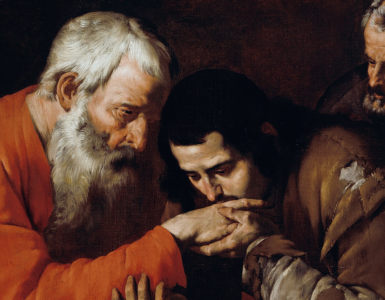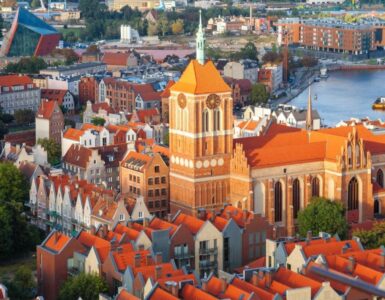We should be grateful to Jesus (Mt 6:24-34) also for revealing to us this side of our heavenly Father’s tender heart.
Therefore I tell you, do not worry about your life,
what you will eat or drink,
or about your body, what you will wear.
Is not life more than food and the body more than clothing?
Look at the birds in the sky;
they do not sow or reap, they gather nothing into barns,
yet your heavenly Father feeds them.
Are not you more important than they?
Can any of you by worrying add a single moment to your life-span?
Why are you anxious about clothes?
Learn from the way the wild flowers grow.
They do not work or spin.
But I tell you that not even Solomon in all his splendor
was clothed like one of them.
If God so clothes the grass of the field,
which grows today and is thrown into the oven tomorrow,
will he not much more provide for you, O you of little faith?
So do not worry and say, ‘What are we to eat?’
or ‘What are we to drink?’or ‘What are we to wear?’
All these things the pagans seek.
Your heavenly Father knows that you need them all.
But seek first the kingdom of God and his righteousness,
and all these things will be given you besides.
Do not worry about tomorrow; tomorrow will take care of itself.
Sufficient for a day is its own evil.
He does it by using images that are all around us when nature is at its loudest with a persistent explosion of life, colors and sounds. Through Jesus, birds and flowers and a myriad of other critters speak to us the often-ignored message of the Father’s care for all his creatures. Actually, any time of the year is rich in subtle messages of the Father’s detailed knowledge, awesome power and attentive care.
However, Jesus’ intent, today, is for us to appraise fully the depth of the heart of our heavenly Father in such a way that the quality of our earthly life is dramatically improved by a considerable reduction of anxiety and newly-found, abiding serenity. On our own, without this deep-seated awareness of the attentions that the Father has for us, we would fail miserably trying to add a single moment to our life-span. In reality, our worrying about food, drink, shelter and clothing might shorten our life-span! Personally, if I want to lower my blood pressure I recall the familiar, enviable image found in Psalm 131:2.
Rather, I have stilled my soul, hushed it like a weaned child. Like a weaned child on its mother’s lap, so is my soul within me.
Jesus reminds us that the Father knows best what we have to do to enjoy more our life on earth, be creative, productive and worry-free as much as a weaned child on its mother’s lap. But to make sure that our inner peace endures, we must take a second, closer look at the birds that the Father feeds and the flowers that he adorns more splendidly than the clothes that King Solomon could have ever donned.
Some birds go hungry for lack of sufficient food; other birds suffer from exposure to the elements; still others die prematurely from a variety of causes. The splendor of flowers is so short-lived that it is a metaphor for the fleetness of life on earth.
The Psalmist (103:15-16) proclaims:
Our days are like the grass; like flowers of the field we blossom. The wind sweeps over us and we are gone; our place knows us no more.
Yet, we are incredibly precious in the eyes of our heavenly Father! That preciousness that we inherited by being made in his image and likeness and by being ransomed by the blood of his only Son makes us cherished and cared for astoundingly more than any bird or of all wild flowers.
But we remain still frightenly brittle and subject to pain and suffering and are all facing inevitable physical demise. It would be a foolish and taxing mistake to try to serve God the Father with a divided heart as if we could cheapen or devalue the Son whom the Father sacrificed on the cross.
Reliance on wealth and financial prosperity (mammon) in an attempt to fend off pain, buttress human limits and fool death itself, at best, can buy us temporary relief, but robs us of the serenity that true disciples of Jesus find priceless. True disciples of his notice and admire and feel uplifted by the care that the Father has even for whatever is endowed with fleeting beauty. They find this divine uplifting capable of seeing them through the darkest days of their life. The assurance that the Father knows best what is good for them at any given moment and that he is constantly aware of their plight and their needs gives them sufficient confidence to stay the course and also to remain even-keeled and untroubled.
It should not be any different for us. Once it becomes a virtue for us to seek first the Kingdom of God and his righteousness we will possess a treasure of inestimable value: inner peace; and that inner peace, in turn, will erupt into endless outpouring of gratitude for the way our heavenly Father treats us.
What Jesus proposes is an enviable lifestyle indeed.
However, I suspect that, now and then, this awareness of being doted on by our Father will make us realize that he seems to have forsaken millions of his children. Let us bring back into focus the picture of a mother living in a famine-stricken village in Sub-Sahara Africa. Then, once that picture stirs some interest in us, let us ask ourselves if she would stop worrying about how to feed her children just because of this Gospel passage.
Let us look now at the next picture. It is an Akha man from a cluster of huts tucked inside the fold of a remote valley north of Lampang, Thailand. Will he stop being anguished before he finds a way (legal or illegal) to get his kids enrolled in the school at the closest Thai village, (which could be several miles away) just because someone told him that our heavenly Father cares for all his children?
And one more picture. It shows the last family of Chaldean Christians leaving behind their hometown of Qaraqosh, 20 miles south of Mosul to flee the barbaric clutches of ISIS. Not only the parents, but also the children look numb and anesthetized by the uncertainty of the future that is robbing them of all emotions, bar for the last shred of hope.
These comforting words of Jesus about the Father’s care must sound quite hollow to all of them. Has the Father forsaken millions of his children? Or could our seeking first God’s righteousness compel us to become the extension of the Father’s eyes, heart and hands?
Their being out of sight doesn’t absolve us from sharing with them our blessings at least indirectly through reputable charitable organizations and missionaries who assist these unfortunate people with food, drink, clothing and shelter. It is quite a challenge for us to achieve the serenity that unwavering trust in our heavenly Father would give us. Hence, we do not want to further trouble our minds and hearts with apathy towards those, among God’s children, who are still wondering if anyone cares for them.






























http://taylormarshall.com/2010/03/how-to-untangle-numbering-of-psalms.html
Why do you use the Hebrew numbering in the Psalms and not the Greek, which is used by Catholic books, etc?